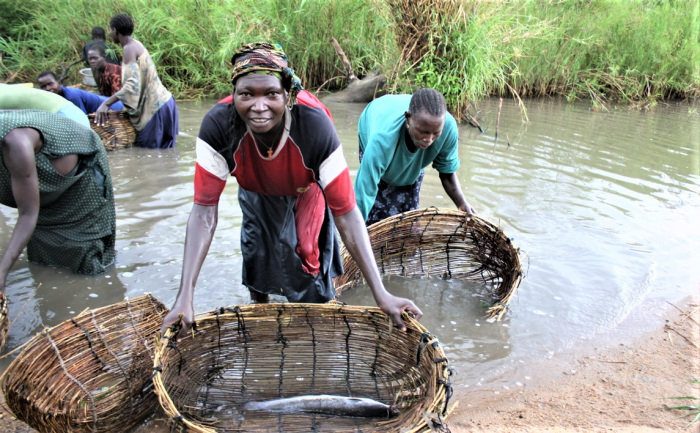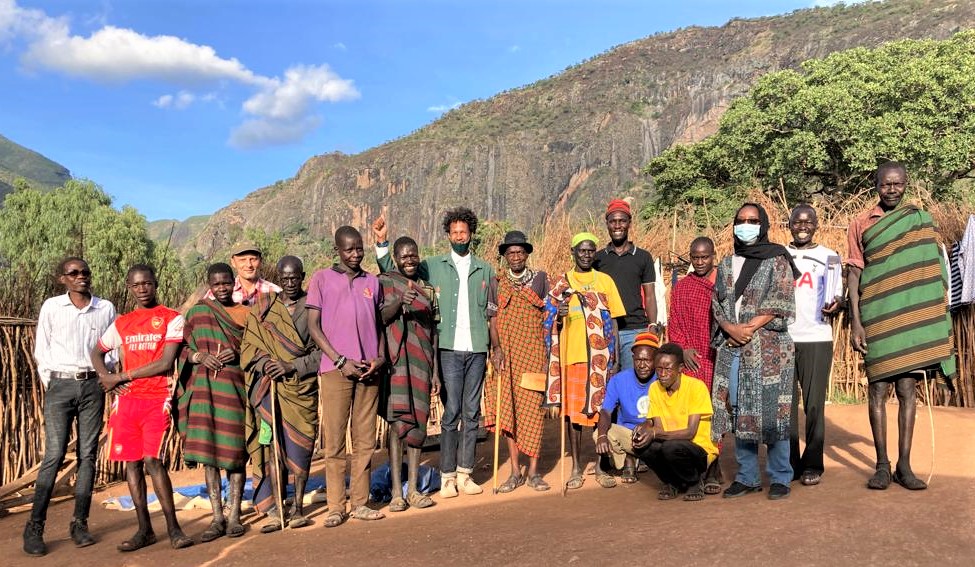
Uganda is a country rich in biodiversity, but it is also one of the countries performing rather poorly when it comes to conserving its biodiversity. Aiming to stop and reverse biodiversity loss, biodiversity finance from the KfW Development Bank was included in the existing Agri-finance Enhancement Programme of the East Africa Development Bank to set up the Biodiversity Financing Facility.
The facility provides biodiversity-enhancing investments to the private sector to change their operations and business models to make a positive contribution to biodiversity and conservation and/or stop and reduce their negative impact on biodiversity, the environment and the natural resources (natural capital) they depend on. The biodiversity finance is used strategically to also climate proof the private sector through biodiversity or nature-based climate adaptation and mitigation solutions, hence, climate smart biodiversity finance.
In June 2021, we started implementing the second phase of the programme, by supporting the East African Development Bank (EADB) in on-lending the climate smart biodiversity finance to commercial banks such as Opportunity Bank Uganda and Finance Trust Bank Uganda. The climate smart biodiversity finance allows them to offer biodiversity friendly investments to companies in the agricultural, forestry, eco-tourism, renewable energy and aqua-cultural sectors.
The financial sector in Uganda in general, and retail banks in particular, are not set up to receive biodiversity or climate finance. One of the major barriers is that banks and their staff have a limited understanding of biodiversity and climate change. Therefore, our climate finance & biodiversity experts Juraj Ujházy and Miguel Leal developed the e-learning course on Climate Finance, Resilience and Financing for Biodiversity Impact.
Through this course, bank staff learn about climate risks and opportunities, methods to assess climate risk and offer biodiversity or nature-based adaptation and mitigation solutions to climate proof their clients and reduce the bank’s exposure to climate risk. So far, we offered the course to senior and middle management, as well as to staff members across the banks’ networks. However, it is also suitable for businesses in the private sector.
To date, 66 staff from Opportunity Bank went through the e-learning course. Some of them also participated in a Training of Trainers (ToT), focusing on training concepts and methodologies. Similarly, 67 employees from Finance Trust Bank conducted the e-learning course and a ToT on adult learning techniques. The trained trainers are now able to support and guide their fellow staff members on their learning journey on climate-finance and further assure sustainability and continuous knowledge transfer beyond the programme period.
AFC’s experts offered the e-learning course also through an online webinar to EADB’s staff and middle management across all regional offices in Uganda, Kenya, Tanzania, Rwanda and Burundi; 14 EADB staff member were trained so far.
Finally, to offer the benefits of the e-learning course to the financial sector of Uganda, AFC organized a webinar for the Uganda Bankers Association, introducing the e-learning course, in early April 2022. 27 representatives of its member banks attended the session.

For more information please contact: Oliver.Schmidt[at]afci.de
